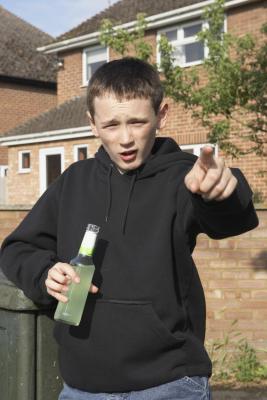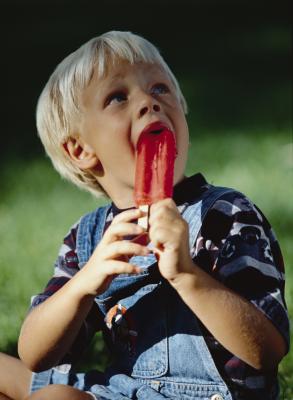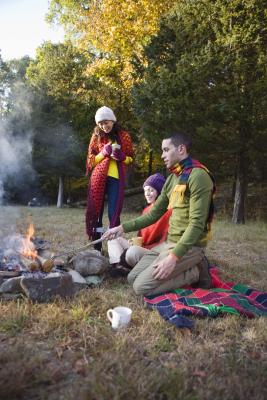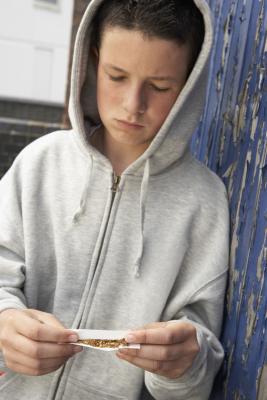Family Intervention Strategies
Education is a major component of any well-planned family-based intervention strategy. Not only do family members learn more about the biological aspects of the individual’s dependency, physical illness or mental disorder, they learn what they can do to reduce stress and provide a supportive environment. Another essential step in the intervention process is helping family members to see what is and is not within their control.
Help for Families of Drug Abusers
The National Institute on Drug Abuse reports that drug abuse is a leading public health problem in the United States, causing more than 40 million illnesses and injuries each year. Drug addiction affects everyone in society — the person abusing drugs, his family and friends, and the community in general. If someone close to you is using drugs, your family is likely dealing with a great deal of stress. Before you can help your family member to recover, you might need some help of your own along the way.
Cold Sore Remedies for Children
The herpes simplex virus causes cold sores. It is a common virus that children can spread by sharing toys, coughing and sneezing. Rubbing a cold sore and then touching others may also transmit the virus. The American Academy of Pediatrics’ Committee on Infectious Diseases recommends covering a cold sore with a bandage to avoid spreading the virus to other children. There are some simple remedies you can use to help ease your child’s discomfort while a cold sore is healing.
Leadership Camps for Kids
The camp experience gives kids the opportunity to make new friends and discover new interests. Interactive activities and hands-on challenges are planned to help kids grow into responsible and caring individuals. Leadership-camp fees are usually paid by a student’s school, family members or can be earned through community donations. Programs are designed not only to be educational, but also to be motivational. Key concepts generally focus on collaborative teamwork, leadership, empathy and diversity.
Families Coping With Teen Drug Abuse
Marijuana remains the most commonly used illegal drug among America’s youth, according to the Centers for Disease Control and Prevention. Reports show that while illicit drug use has declined among teens in the United States, the nonmedical use of prescription drugs abused by teens remains high. These include prescription medications, such as stimulants, pain relievers and tranquilizers. Teens also misuse over-the-counter drugs, including cough and cold medications.





